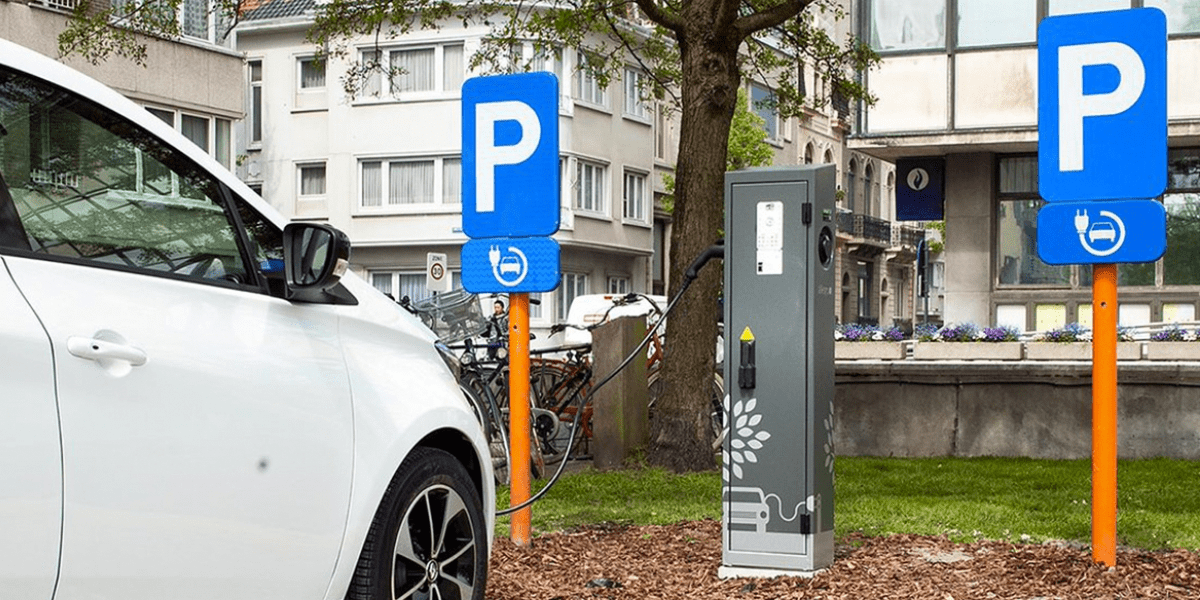Flanders to phase out ICE vehicles from 2029
A climate plan has now been drawn up by the Flemish regional government to phase out the sale of cars and vans with combustion engines in favour of electrically powered vehicles from 2029. This phase-out includes petrol, diesel and hybrid vehicles.
The push is part of about 40 measures that the Belgian region of Flanders has agreed on in a climate plan. The overriding goal is to reduce CO2 emissions by 40 per cent by 2030. Essentially, the regional government is aiming for one million electric cars by then and 100,000 publicly accessible charging stations in public spaces and on private property. In addition, according to the climate plan, the local transport company De Lijn and its subcontractors and partners are to use more battery and hydrogen buses.
Meanwhile, with the gradual phasing out of internal combustion vehicles from 2029, the plans in the transport sector are less strict than initially envisaged: Originally, the Flemish government had proposed to completely ban the sale of new cars with combustion engines as early as 2027. From 2030, this was also to apply to used cars.
Now it is clear: Flanders will not ban vehicles with internal combustion engines on the used car market and will tie the gradual phasing out of internal combustion vehicles from 2029 to three conditions: a sufficient supply of EVs, affordable electric cars and sufficient charging stations.
By the end of 2020, the Belgian region of Flanders had already reserved a total of 30 million euros to build up to 30,000 additional charging points by 2025. At the time, the Flemish Minister of Mobility, Lydia Peeters, set the goal of setting up a fast-charging opportunity every 25 kilometres along the major transport axes.
A large part of the fast-charging infrastructure built in the region to date comes from Allego. The company has won all four concessions under the Flemish CPT (Clean Power for Transport) action plan – most recently in early 2020 to build 1,300 charging points for grid operator Fluvius. The plan also provides for the installation of 5,000 public charging points in more than 300 Flemish municipalities by the end of 2020, as well as the installation of 400 private charging stations at residential buildings. Most recently, however, Fastned has also been awarded contracts for the construction of fast chargers on Flemish motorways.
vrt.be, brusselstimes.com (earlier ambitions)





0 Comments